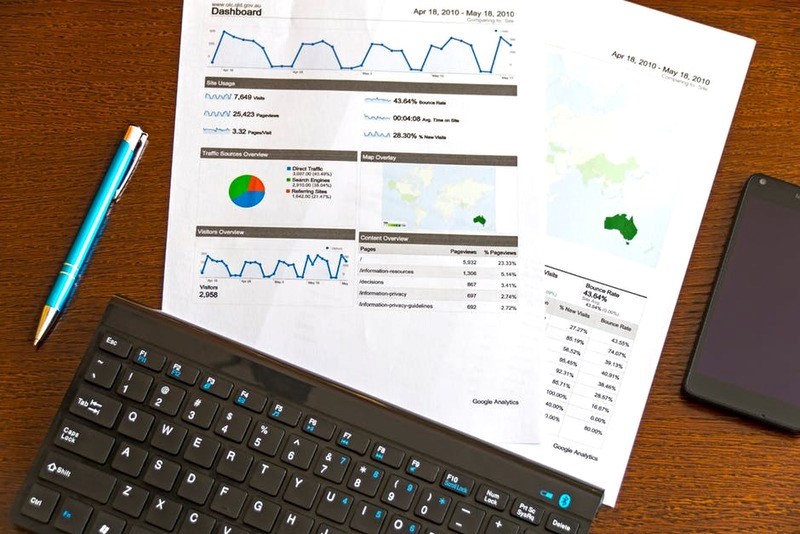The focus of the technology world has shifted in the last years to questions about the ways we capture and use personal data. It seems that most transactions that consumers make nowadays involve the consensual sharing of personal data – ranging from name and address to shopping habits and web browsing patterns. (Adipex) When accumulated and properly analysed, this data can be of immense economic value – but how, and to whom?
The Economic Value of Data for Companies
According to one view, one aspect of personal data is that it is by definition an economic asset, consisting in translating the behavioural patterns of individuals to allow for services and goods that are of higher quality – presumably because all this information can allow the consumer experience to be highly tailored to each person and thus more efficient. This is precisely why big corporations like Facebook and Google are so focused in amassing as much personal information as possible, by continuously introducing new elements and using established features like geolocation in new and creative ways that allow them to tap even more into the data potential.

Source: Pexels
As such, it is no coincidence that, according to the same source, 90% of data that exists globally has been created within the period of the past two years – and it is common knowledge that, at least to a pretty high degree, this race to collect data is powered by their potential to generate economic value through targeted advertising. The LSE Business Review also highlights that advertising accounted for 84% of Facebook’s total revenue, with the figure climbing to 89% in 2013 and a staggering 92% in 2014; accordingly, it had contributed more than 90% of Google’s profits in the decade 2010-2014. It is further stressed that applications that integrate personal data are estimated to return quantifiable benefits rising up to €1 trillion per year by 2020, providing 22% of yearly profits for public and private-sector institutions – or €330 billion.
Data Is Also Valuable for Consumers – But Companies Must Consider the Financial Benefits and Risks
Yet it is not only the private companies and public bodies that stand to gain from this increased use of personal data, but individuals, too. A survey by Microsoft which interviewed 13,200 respondents, as cited in the source above, revealed that 56% preferred dealing with companies that allow them to customise their products and services, while another Microsoft study found that 70% of people were eager to disclose search terms in return for a more speedy process with fewer steps, while 82% would gladly share activity data in exchange for services that yield improvement suggestions and 79% would disclose data pertaining to their gender information in order to receive new and inspiring suggestions based on users similar to them.

Source: Pexels
Yet there are concerns surrounding the use of personal data – not only with regard to privacy, but also with respect to how to treat data in a financially sound way. Nowadays, companies of all sorts, from multinational giants to SMEs, collect, store and process data relating to a wide array of aspects of their activities – be it their customers, their employees, or their products and services. This means that firms need to make sure that they implement data security 101, by pinpointing and providing visibility into the location, volume, and context of structured and unstructured data they have stored in a variety of heterogeneous data repositories. This process, known as data discovery, allows companies to keep track of the vast amount of data they have in their possession – and also take steps for its protection, such as applying context-sensitive security controls – and thus better understand the costs of maintaining and accessing all that data with regard to the profits generated.
It is beyond doubt that as we move forward, companies will keep developing new uses for data – but they also need to pay attention to security and efficiency concerns and come up with coherent policies to meet these targets.


